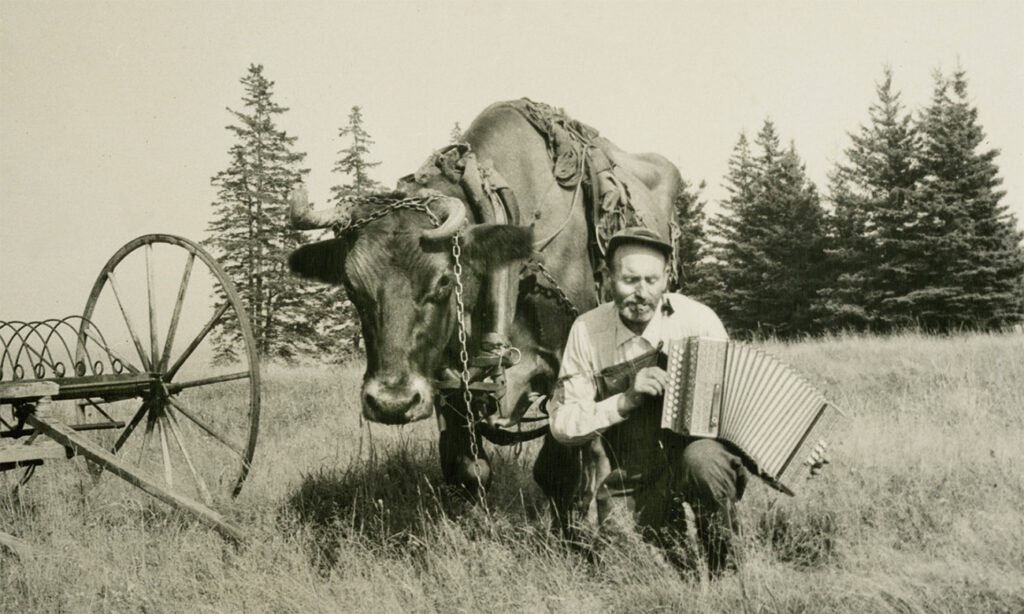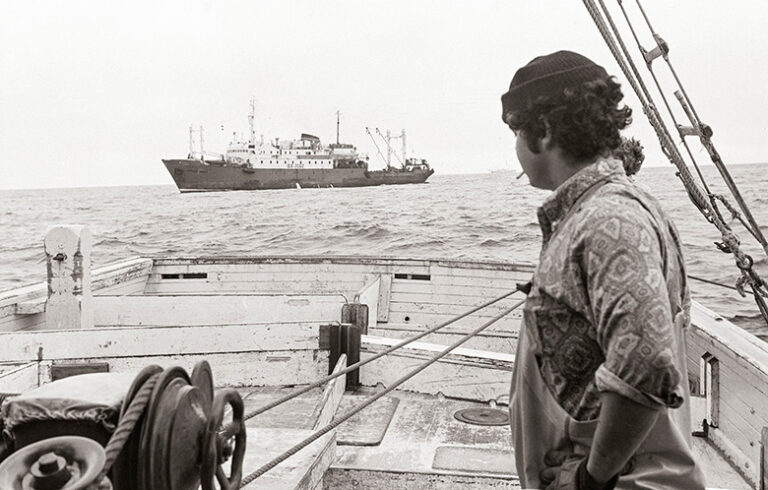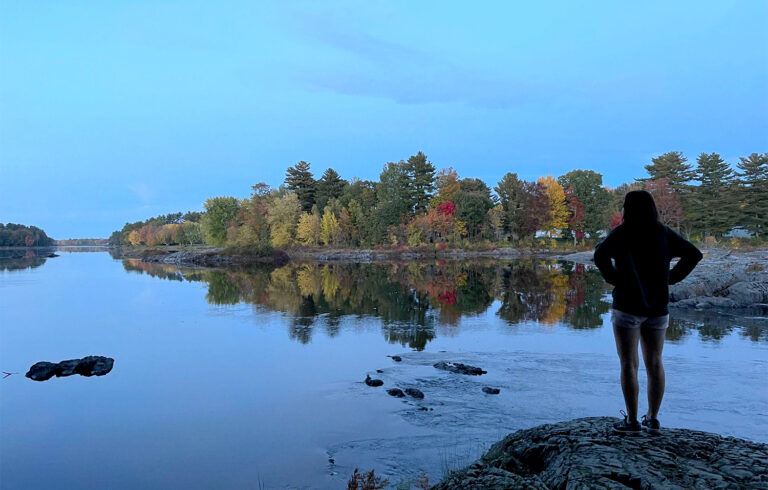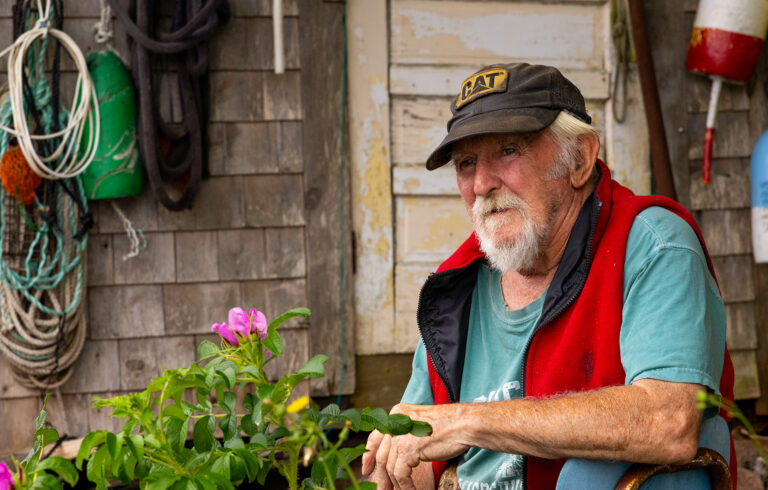
As a kid, I wanted to be normal. Anything that kept me away from this ideal—namely, my parents—was a threat. Middle school can be rough, and the closer I was to everybody else, the easier life would be.
It took me a while to appreciate “characters,” which as far as I could tell was a polite way to describe embarrassing people. There were a lot of characters connected to our family: the feisty old ladies whose houses my pop painted, the old school buddies who met in the cereal aisle, the man who would come and talk for hours on our front porch, bringing odd presents and pouring beer for the dog to lick up.
Little did I know I was receiving an education. The world is a wacky place, and the wackiest people can thrive like beautiful dandelions in the lawn. The characters I knew, many of whom have since passed away, were full of stories. These were stories only they could tell; they saw the world in their own unique way.
That’s part of why my time on Swan’s Island has been so valuable. I’m allowed to—heck, paid to—interview people and catch those stories, those fascinating glimpses into people’s lives and struggles and loves. And, who would have guessed it? Islands are magnets for characters.
We’re stuck in the chicken and egg scenario. Does it take an odd person to want to live in the middle of the ocean? To voluntarily give up access to movie theaters, doctors and the widely acknowledged human right to purchase ice cream after 3 p.m.? Or does the experience of living out here make people different—give them the sense of humor and powers of resourcefulness that they need to survive?
Clyde Torrey (1898–1974) stands as the classic example of a Swan’s Island character. In interview after interview, people tell Clyde stories when they want to explain what’s special about island life. Folks would bring their visiting friends to see him like you would take a tourist to a local landmark.
Clyde was a self-educated man, a great entertainer, and a lifelong bachelor. He was famous for his farming methods—namely, hitching an ox and a horse to pull the same rig. Clyde’s accordion, rough singing and constant chewed-up cigar were trademarks. He put on hootenannies and invited islanders over to his place to play, dance and sing.
Clyde was one of the few born islanders to have a “summer residence”: a car jacked up on blocks where he sat listening to Red Sox games on the radio.
One night following a dance, Clyde’s house burned down. The community rose to his support, as Swan’s Islanders do for those in need. A small building was moved to the property, though Clyde later relied almost exclusively on the car for housing.
One summer person remembers visiting Clyde and seeing a second car next to the original. Clyde opened the trunk to get out a book and calmly asked, “You haven’t been over here since I moved to the Chevrolet, have you?”
Every community has its characters, the odd folks with hearts of gold. Out here they’re appreciated in a way that only a small town can.
There will always be conflicts and rivalries—some stretching back decades—but it’s understood that you’re allowed to be a little different. People know who you are.




